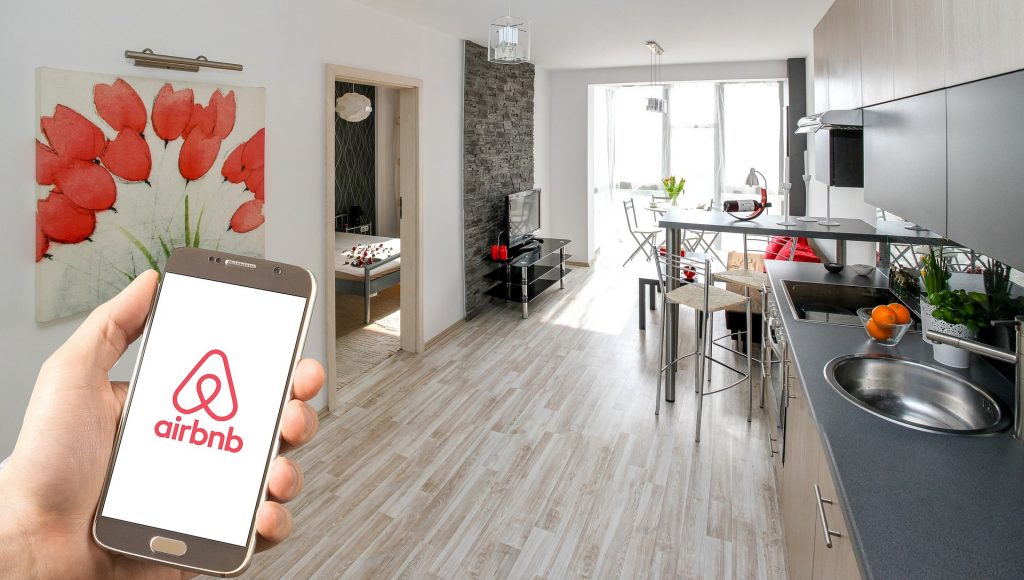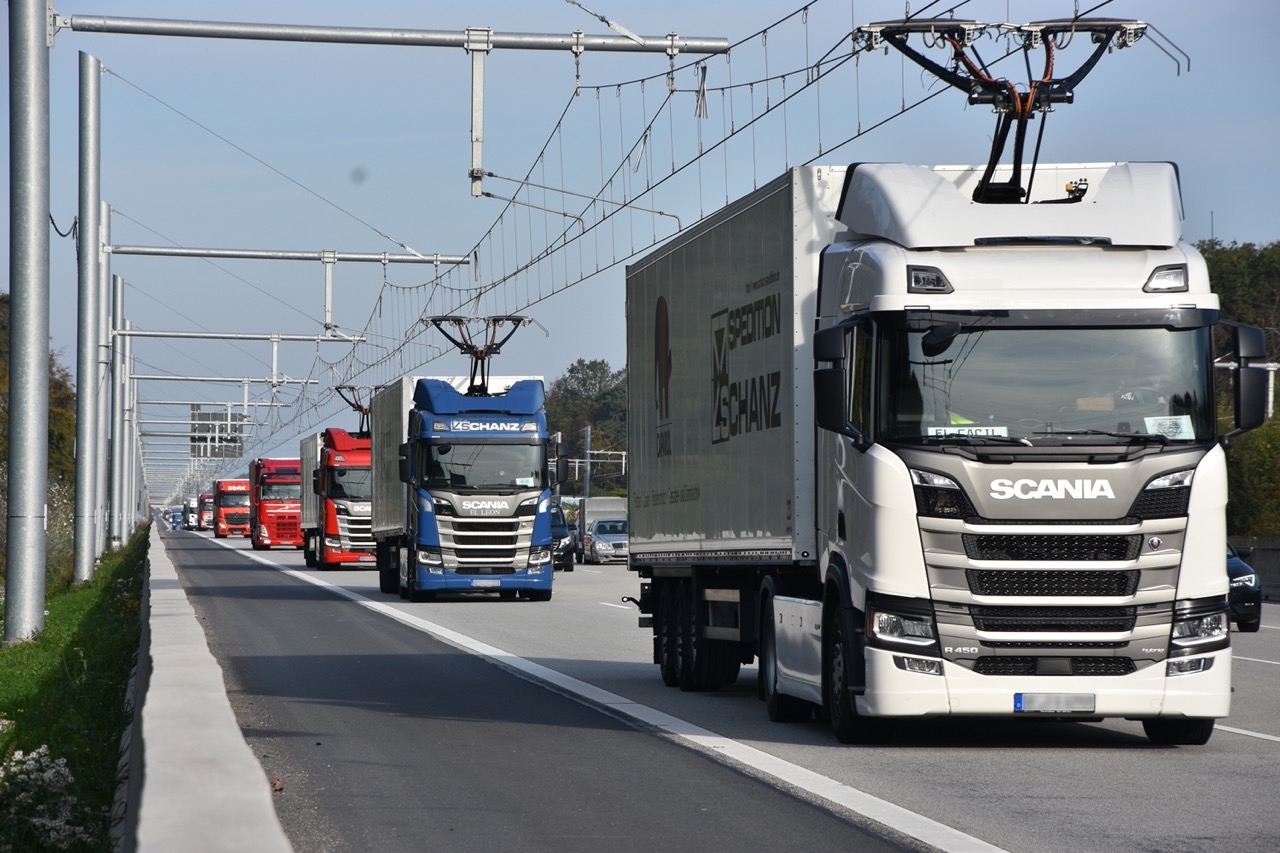Strategic flexibility and its basic principles
The pandemic has completely changed expectations regarding the success of one business or another. While at the beginning of 2020 Airbnb was predicted to have a successful period and an IPO, a few months later all plans had to be postponed. By the end of the year, however, Airbnb did list, which was the most successful among tech companies. The business was able to achieve this result after a serious decline due to rapid adaptation to the changing environment. Strategic flexibility made it possible to reduce losses and set up business processes in a short period of time, taking into account the current market environment.
Unlike Airbnb, California Pizza Kitchen failed to hold its position, although before the pandemic, it was famous for its innovation and was an extremely popular network. Analysts decided to find out what factors or actions affect the rapid recovery of business after the crisis. The results revealed three key points used by companies such as Airbnb, which managed to survive and even strengthen their positions.
The first principle, the analysts noted, was flexibility, that is, the ability to avoid the worst consequences in time, changing the plan of action. The second factor is resilience, which allowed mitigating damage even when the crisis could not be avoided. The third principle is the acceleration of the company’s development in order to be ahead of its competitors. These key points formed the basis of strategic business flexibility.

For example, once it became clear that travel would be limited during the pandemic, Airbnb strengthened rules regarding the disinfection of apartments. In addition, the service introduced a mandatory gap between bookings – overnight. This time was necessary for the host to prepare the room for the new tenant, to thoroughly clean and disinfect. The service also simplified the mechanism for cancelling reservations and took care to compensate hosts for damages. Of course, the pandemic and its aftermath did take its toll on the business, and to mitigate its impact, Airbnb ran a successful campaign to attract investment. Particular attention was paid to the development of sectors that were less affected by COVID-19 – domestic tourism and vacation rentals. Thus, the company managed to survive.
The strategic flexibility allowed not to lose efficiency even during the acute crisis. An important point in achieving this principle is the speed of response. The business needs to timely identify threats and make changes to the standard plan. And it is important to act quickly, even if it worsens quality – it can be corrected when the acute phase of the crisis passes.
In some situations, it is impossible to completely avoid the consequences of the crisis, and then you need to focus on reducing the damage. To do this, it is important to clearly organize the whole process of activity, concentrating on diversification rather than on efficiency.




















